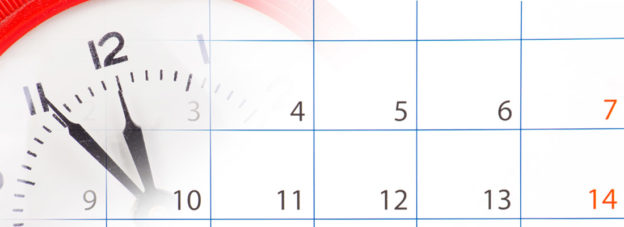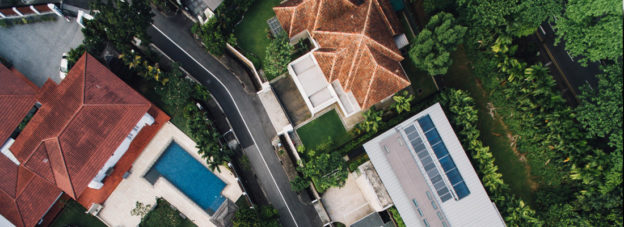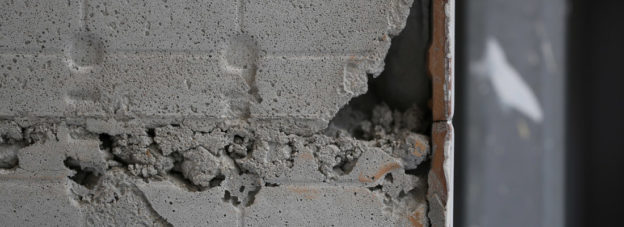In State Farm Fire & Cas. Co. v. Wangs Alliance Corp., No. 21-cv-10389-AK, 2022 U.S. Dist. LEXIS 26712, the United States District Court for the District of Massachusetts (District Court) considered whether a product manufacturer was barred by the Commonwealth’s six-year statute of repose for improvements to real property from joining the installer of the product as a third-party defendant. The court denied the defendant’s motion for leave to file a third-party complaint to join the installer, finding that the installer completed its work more than six years prior to the motion being filed. This case reminds us that Massachusetts’ six-year statute of repose for improvement to real property also bars a defendant’s contribution claims against third parties. Continue reading





